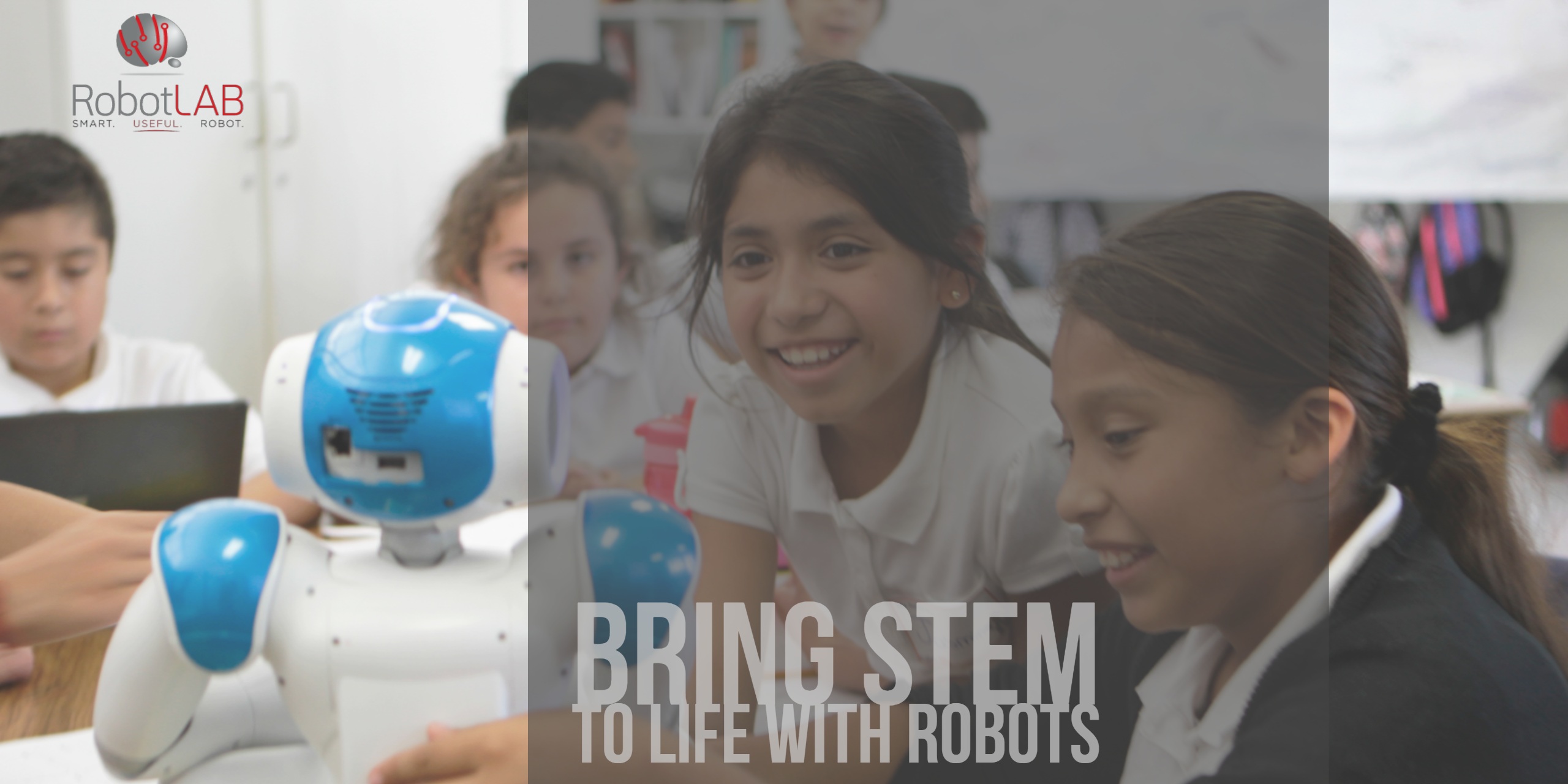By Dan Matthews
Robust STEM education makes students more employable and equips them with the skills necessary to succeed in an ever-changing world. In addition, the US Bureau of Labor Statistics reports that those working in STEM fields earn an annual median salary of $89,780 - that’s $49,760 more than those working in non-STEM fields.
STEM education also benefits students who do not pursue careers in STEM. STEM classes build resilience, create problem-solvers, and teach students the value of experimentation. In fact, many of the skills needed in the future of work—adaptability, analytical thinking, and creativity—are learned directly in STEM classrooms.
As teachers, we can all do our bit to spark interest in STEM. However, we must also address the deep-rooted systemic inequalities that affect students in STEM. Marginalized groups face significant gaps in access to STEM classrooms, and are often forced to combat harmful stereotypes + workplace cultures to succeed.
Women in STEM
The American Association of University Women (AAUW) reports that women face significant barriers to careers in STEM fields. Women currently represent only 28% of the STEM workforce, and are “systematically channeled away from science and math”. This is due to stereotypes about women’s careers and male-dominated work cultures which do not support women in the workplace. Additionally, the AAUW reports that degree pathways like engineering and computer sciences are male-dominated—only 21% of engineering students are women, and 81% of students in computer sciences and technology are men.
The AAUW report also highlights the reality that the STEM gender gap is intersectional. For example, Black women are often rendered invisible in subjects like math and are systemically dissuaded from pursuing the STEM fields. In her report for the Virginia Council Teachers of Mathematics, Dr. Nicole M Joseph examines how “this invisibility produces obscurity to most mathematics teachers.” This obscurity further complicates inequitable education policymaking wherein Black women are not given access to high-quality mathematics education and must battle against stereotyped, racist expectations.
In order to create equal access to STEM classes, teachers must recognize the intersectional forces placed upon their students and actively advocate for the increased participation of women in STEM. Teachers can highlight resources like fellowships & grants and can direct women students towards STEM events.
Latinas in STEM
Despite systemic inequalities, there are good news stories for Latinas in STEM. Blanca Leon-Carter holds a Bachelor's degree in Computer Information Systems and an MBA in Management Information Systems. Since graduating, she has found success working as an information systems consultant. In an alumni interview with her alma mater, Leon-Carter stated “it matters so much to see others who look like you in your field” and that this need for representation drives her to support other Latinas in tech who want to pursue technical careers. Leon-Carter also highlighted some of the programs created to help Latinos in techs like TechLatino and Prospanica.
However, Latinas who are successful in STEM fields shouldn’t need to double as role models for their younger peers. Instead, education reform which gives equal access to all is vital and needs support from teachers and policymakers. Without support, the Latino gap in STEM will continue to grow. Teachers must do the work to reduce disparate access to STEM by employing strategies that seek to reduce barriers to classroom access and combat stereotypes to Latino participation in STEM.
Socio-Economic Barriers
The APA defines socioeconomic status (SES) as a combination of one’s income, financial security, educational attainment, and subjective perceptions about class. Research conducted by APA finds that students who are from low-SES families have “significantly lower” success rates than their peers who do not come from underrepresented backgrounds. In addition, students from low-SES families are more likely to be exposed to significant adversity and stress, which results in lower educational attainment rates.
Students from low-SES families are caught in a vicious cycle of environmental stress, lowered aspirations, and worsening academic outcomes. This means that students from low-SES families are less likely to pursue STEM education, and may not possess the skills necessary to make informed decisions about enrolling in STEM classes.
Teachers who are looking to help students from low-SES families can advocate for their students by changing perceptions of STEM attainment and by staying up to date on programs that seek to level the playing field for children from low-SES backgrounds. Additionally, teachers can tap into virtual STEM and think creatively about the ways that remote teaching may serve students from low-SES students.
Why Do the Work?
Teachers undeniably matter. Teachers who champion their students can change their perceptions about themselves and can equip marginalized students with frameworks for success in classrooms + beyond. Teachers who put learning and equal access at the core of their mission can become agents of social change and will see their work change the classroom and reach the wider world. As such, when clear barriers to educational access exist and policy-makers are slow to respond, teachers have a moral imperative to advocate for their students and push for equal access to STEM classes.
Learn more about STEM with RobotLAB!

RobotLAB is committed to bringing this technology to the students and enhancing their experience with tools that truly bring learning to life. Check our products ready for career readiness



